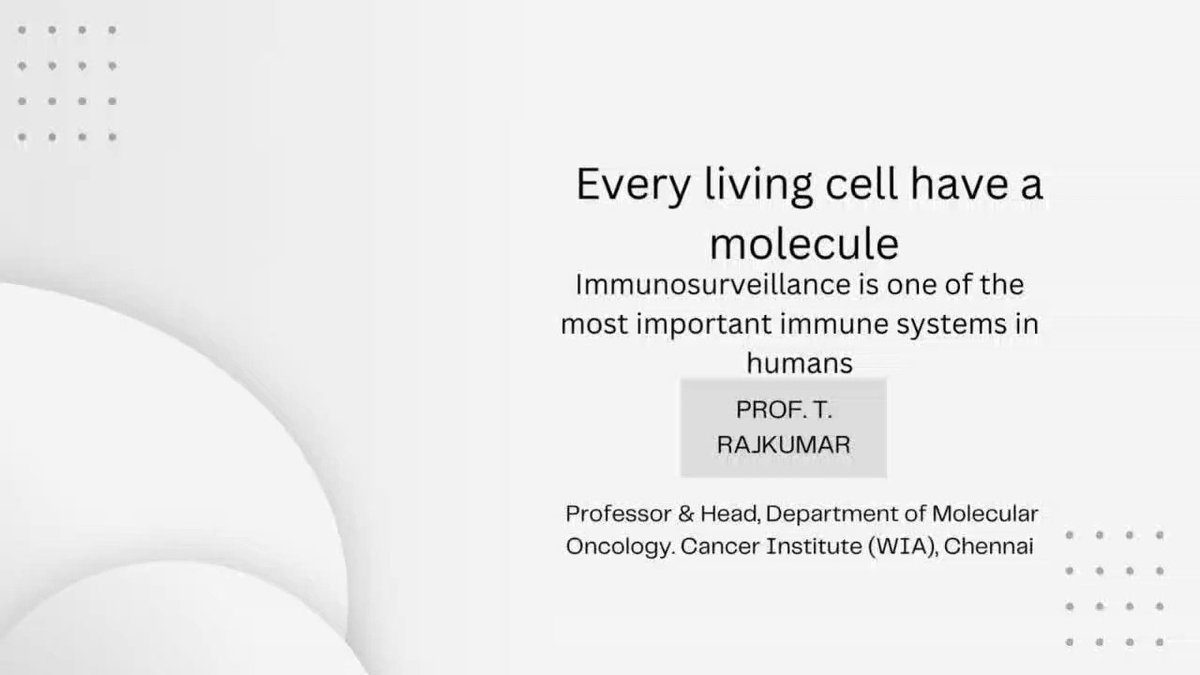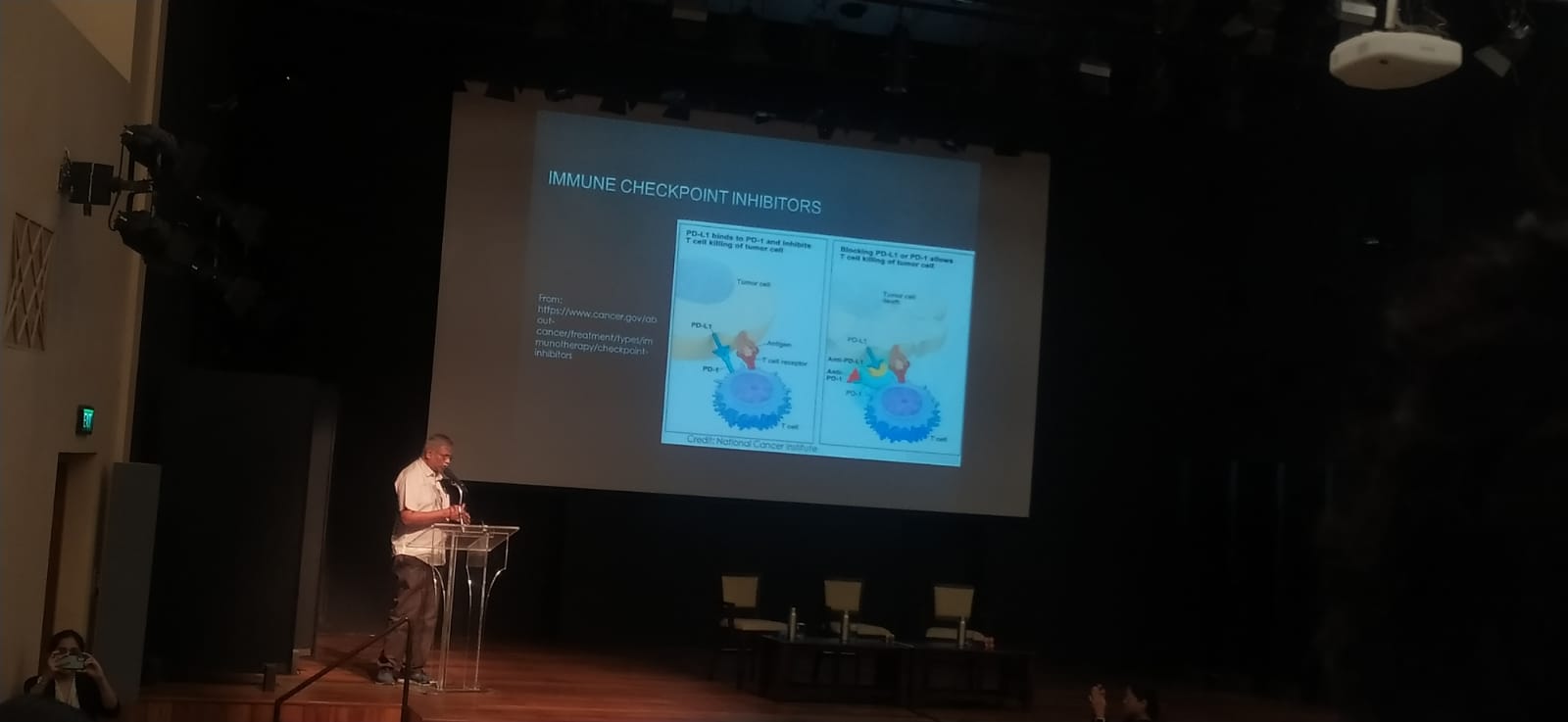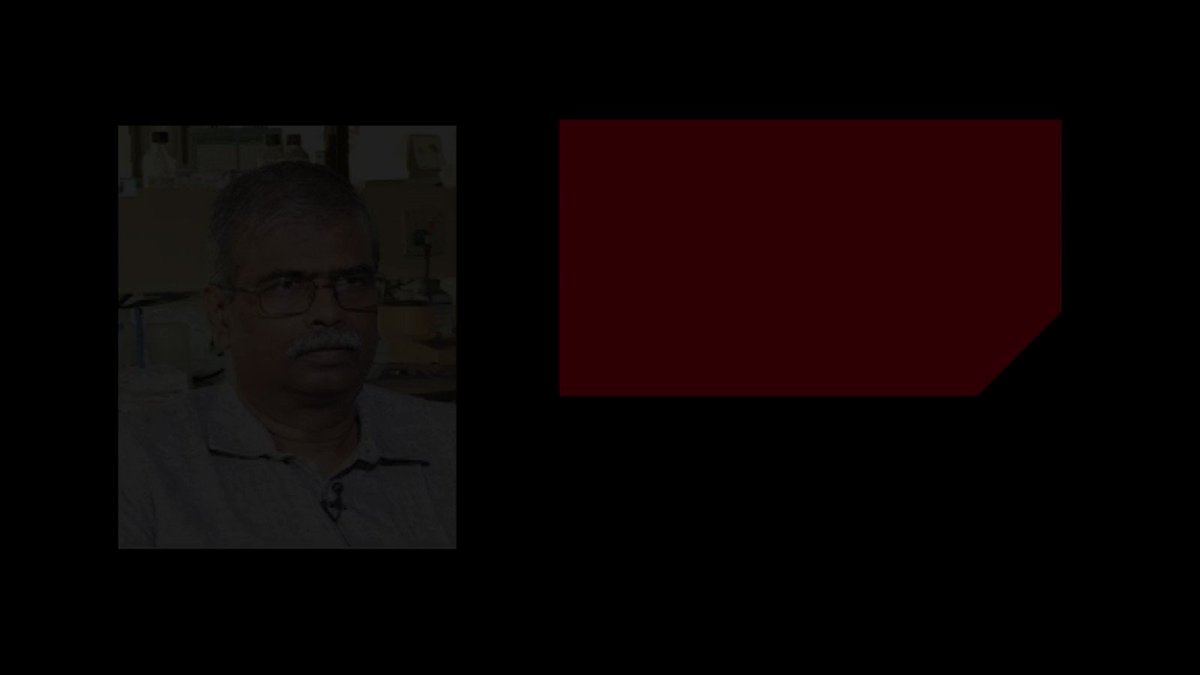Megha Anilkumar Nair
2:14
2:16
2:18
2:20
2:22
2:24
2:24
2:28
2:30
2:32
2:32
2:32
2:33
2:34
2:37
2:38
2:39
2:40
2:41
2:42
2:45
2:47
2:47
2:49
2:51
2:52
2:53
2:55
2:55
2:57
2:59
3:02
3:04
3:05
3:07
3:10
3:10
3:12
3:13
3:15
Connecting…







